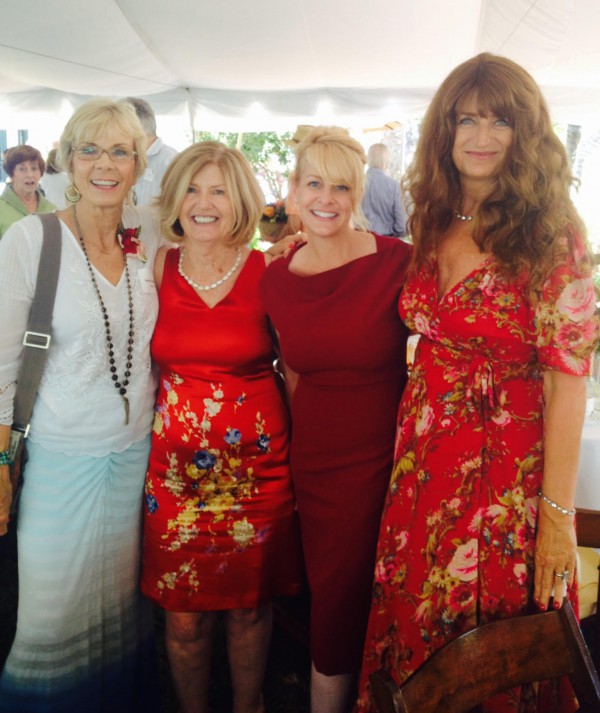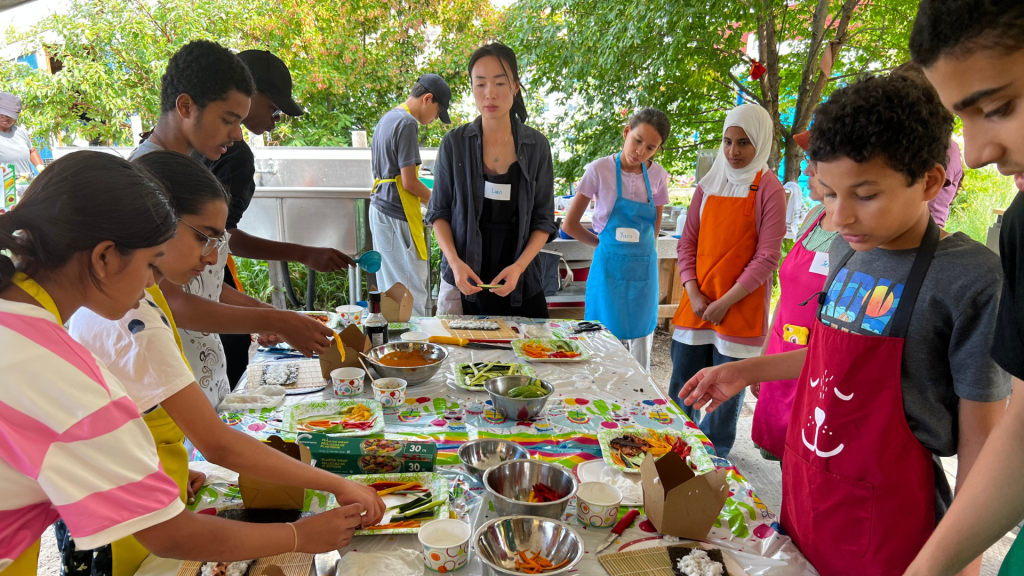By Erica Rascón on January 14, 2016 in Giving People
Success came with an unexpected side effect for Lisette Fraser. After ten years in the addiction treatment industry, the small clinic where she worked had blossomed into a conglomeration of outpatient and residential care facilities throughout California. Fraser loved that more people were receiving care, but the immense growth left her feeling detached from herself and others.
Fraser explains, “I wanted to get back to my roots. I enjoyed what I did with start-ups, the smaller treatment programs and the individualized attention I was able to give.”
In June 2015, Fraser accepted the position of Executive Director at Casa Serena, a small treatment facility in Santa Barbara. With a total capacity of 32 clients, the center specializes in personalized care for women and their families. The position was the perfect fit.
What appealed most to Fraser was the center’s emphasis on women. Fraser says, “Casa Serena is unique because it’s specifically targeted towards women and women’s issues that arise when struggling with addiction. I feel this is so important because there aren’t enough treatment programs that are gender specific. That, to me, is a very personal mission in terms of all of the underlying issues that accompany addiction for women.”
Casa Serena provides a safe place for women to recover from drug and alcohol addiction. Clients are guided through the first 90 days of recovery in The Main House. They can then transition to The Graduate House or The Oliver House. In the latter, clients are able to live with and rebuild their relationships with their children.
“A lot of women suffer the wreckage of the disease through the family and through the children,” observes Fraser. “They’ve either lost custody, have partial custody, or they’re trying to regain custody. So we help facilitate that by letting the children stay with the moms and helping the healing begin onsite with groups that are tailored specifically to the needs of children and moms.”
Part of restoring a healthy family is to make sure that women can tap into the best version of themselves. This includes taking time out for self-care: self-acceptance, personal reflection, and making time for rejuvenating activities. As Fraser knows firsthand, making time for self-care can be incredibly challenging.
Earlier in her career, daily tasks consumed Fraser’s life. She felt herself losing the grip on simple joys as she plowed through each day of her career.
“We’re taught from an early age that it’s not okay to ask for help, to take a break. We have to go. We have to be. We have to do,” says Fraser. “I’d work 24-7 in my prior organization and that was very easy to do because there was a lot to do. Eventually, I found that I was not an effective leader. I was working hard, but I wasn’t working smart. We don’t have to do that. It doesn’t make us better. It can make us sicker.”
That revelation encouraged Fraser to begin a more consistent self-care regimen. She regularly enjoys long walks in nature that help her to reconnect with her sense of wellbeing.
By modeling self-care, she is hopeful to help women at Casa Serena learn to take their mental and physical health into their own hands by initiating proactive measures toward wellbeing. This sense of empowerment carries over to other parts of their lives, such as their family relationships and careers.
Yet before the healing process can begin for women and their families, the women must receive treatment to overcome their addictions. Casa Serena never turns away a woman due to her inability to pay, but the waiting list can be long for women with little means. That’s why scholarships are vital to the success of the women who seek help.
To show your support for women in recovery, join Yardi in making donation to the scholarship fund. You can also show your support by breaking the stigma around women with addictions.
“Really, one of the best things that readers can do is get the word out and reduce the stigma of addiction,” says Fraser. “It’s a disease. It is devastating, but it is fixable.”


